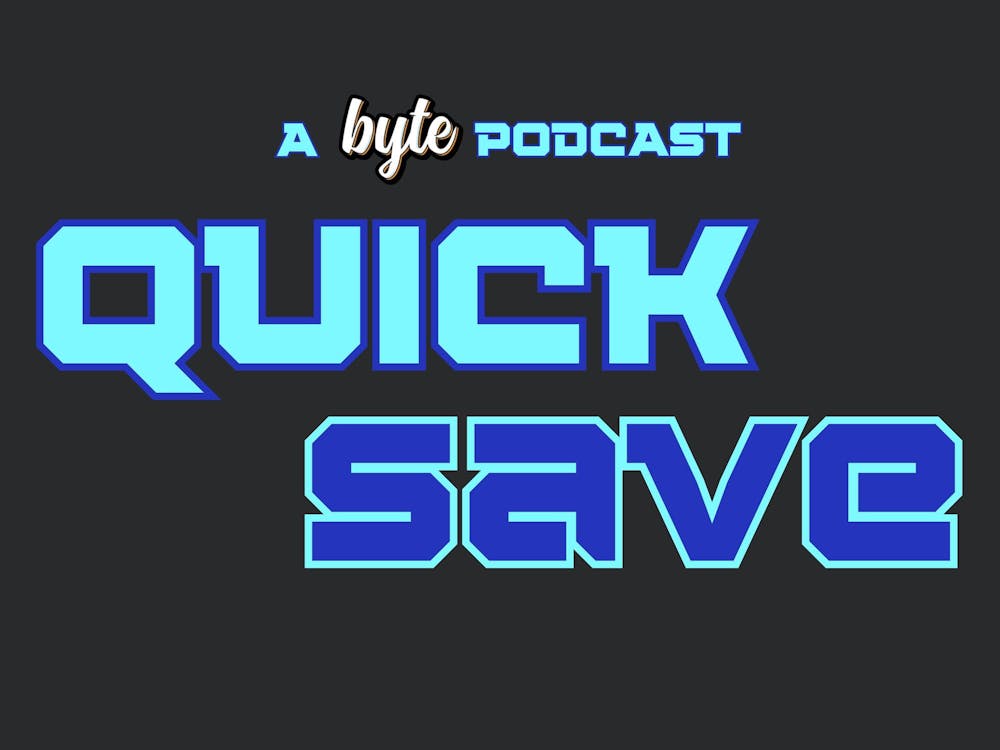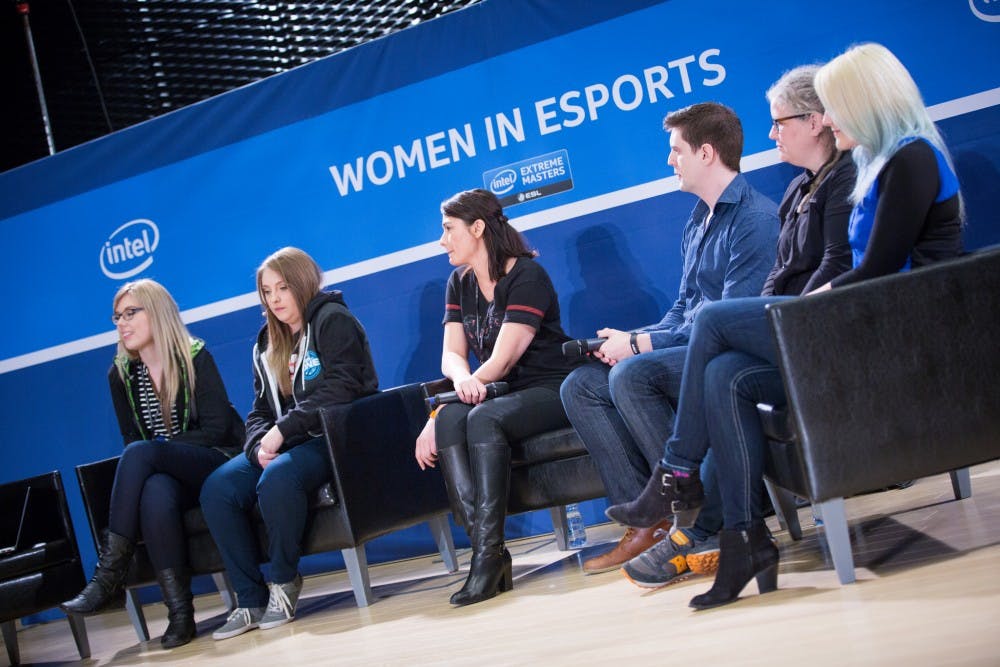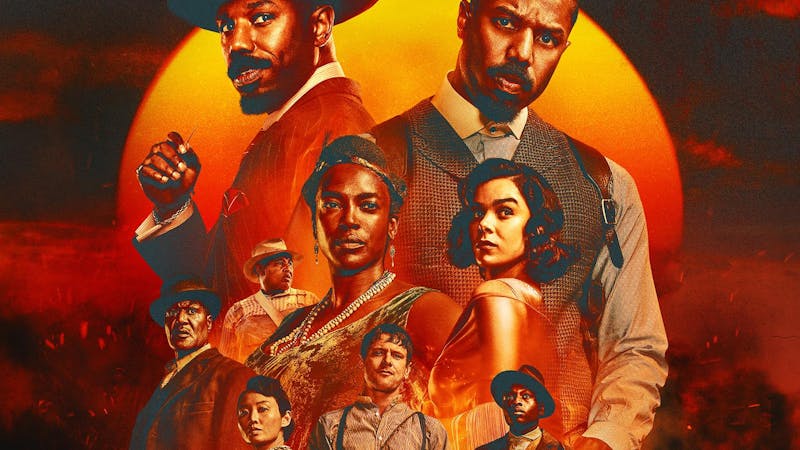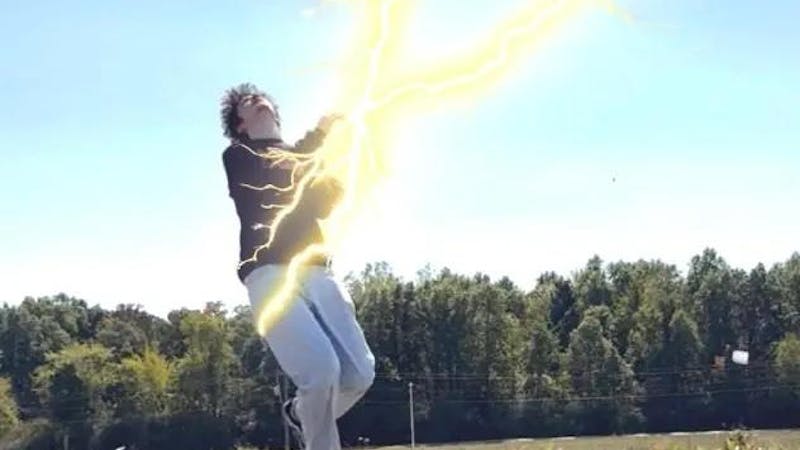In recent years, gaming and eSports have exploded onto computer screens across the world with audience growth projected to reach 589 million by 2020 according to Newzoo’s 2017 "Global Esports Market Report." The same report also projects total revenue to reach $1.5 billion the same year.
However, a large contribution to the expansion of eSports (particularly in Western countries) is a group often dissociated from mainstream gaming—women.

Image from Newzoo 2017 Global Market eSports Market Report
Newzoo’s report broke down the overall viewership by age and gender into two categories: “Esports Enthusiasts” and “Occasional Viewers” with both being male dominated, but each had significant female viewership with 29 percent of Esports Enthusiasts and 39 percent of Occasional Viewers being female.
Among both men and women, the largest percentage of viewers fell into the 21-35 age range.
Nielsen studied eSports audiences in the United States, United Kingdom, France and Germany for their Esports Playbook and broke down male and female livestream viewers across the four markets into “weekly or more often” and “monthly”.

Renee Human, the esports faculty advisor for the Cardinal E-Sports Club at Ball State University, says that the growth of esports is due to generational shifts.
“We have a generation that’s always played video games, it’s not just young people anymore. There’s people in their 30s that are gamers” Human said. “We may not have the time or inclination, but we still want gaming in our lives.”
In August 2017, Tony Estanguet, co-president of the Paris bid committee, confirmed that he would speak with the International Olympic Committee and eSports representatives about including eSports as an event at the 2024 games.
“We have to look at it because we can’t say ‘It’s not us, It’s not Olympics.' The youth are interested in eSport and this kind of thing. Let’s look at it. Let’s meet them. Let’s try if we can find some bridges” he told the Associated Press.
There has been criticism from sports purists when it comes to sports despite the consideration the Olympic Committee is giving eSports.
“A lot of people don’t want it because it’s not physically athletic and want a physical component,” Human said.
There are some popular female teams and competitors within eSports such as Team Dignitas’ female CS:GO team, Katherine Gunn and Sasha Hostyn, but there is some controversy surrounding female players in eSports and gaming in general.
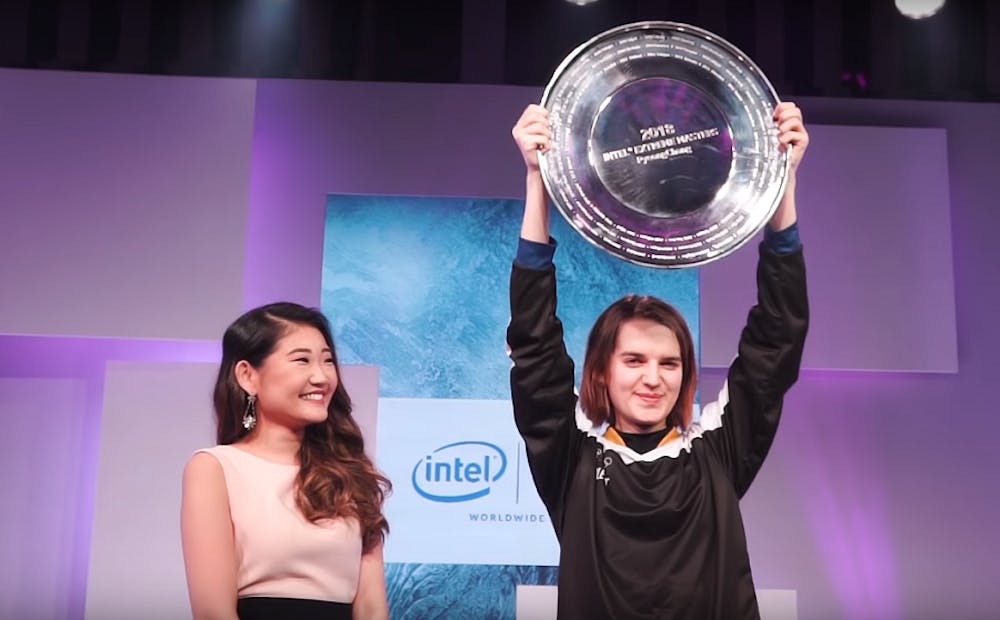
Image from Supreme Tech News
Zach Sexton, a Ball State University graduate student whose research involves eSports and the community, says the resistance to women in eSports is related to how gamers are portrayed.
“When we say ‘gamer’ what does ‘gamer’ mean? And people get a picture in their head and it’s a male, usually teenaged or early 20s” Sexton said. “When you add these kinds of stereotypes it can be a little off-putting.”
The stereotype of a gamer being a boy or young adult male is related to the early placement of consoles such as the Super Nintendo in the boy’s section of toy stores and marketing around many games like Call of Duty or Devil May Cry targeted at a male audience.
Sexton cited an article from the Feminist Forum that said, “Women aren’t in it because we keep defining a gamer as a male, specifically a white male, and that’s something we have to do away with to open it up with more audiences.”
The introduction of all female teams such as the now folded Frag Dolls, helped boost the growth in female viewers and competitors, but Sexton says that there’s more to be done.
“I think it was really beneficial a few years ago and it did introduce that there are these women who are very good, who are content creators and show you can do this too,” Sexton said. “But, and that’s a big but, we [society] have an issue of putting women in their own league. For example, we have men and women’s soccer, but the women only get paid if they win and the men get paid even if they lose, so this creates barriers for them.”
Human said that much of the backlash against women in gaming is related to the Gamergate controversy in 2014, where the hashtag: #Gamergate criticized game developer Zoe Quinn for rumors about cheating on her boyfriend with five other men who worked in gaming or gaming journalism.
“Because of that there was a lot of misogynistic rhetoric and to counter that, we need male gamers who aren’t misogynistic to support women and bring them in,” Human said.
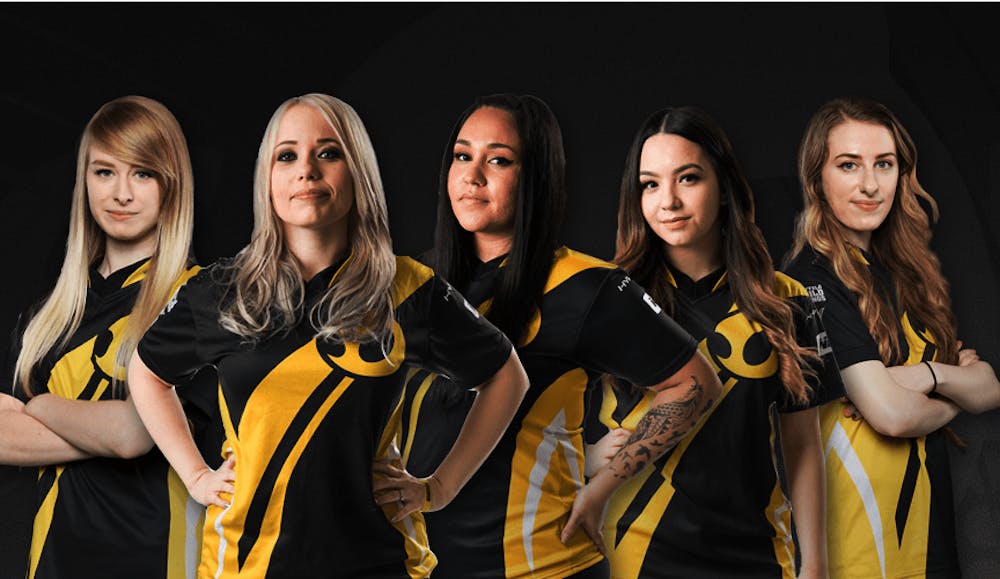
Image from team-dignitas
Kora Wilson, a senior Ball State student, watches and participates in the eSports and the general gaming community, but has also dealt with misogyny.
“I’m more of a distance person when it comes to eSports. I try to get into it, but because I am a female, I’m more so in the shadows” Wilson said. “I like to sit back and observe because in the past I’ve had some backlash when trying to talk to community members that are mostly male.”
One of those instances came when she offered up her comment on a League of Legends match between Samsung Galaxy and Team SoloMid. Wilson explained that SoloMid’s Bjergsen got close to Samsung’s gate and alerted his team to their chance at winning the match. However, one of his teammates jumped over a wall, revealing their position to the enemy team and caused the loss for SoloMid.
“I was discussing on a message board about how it wasn’t Bjergsen, it was the Jungle that messed them up and, if it wasn’t for the Jungle, then they probably would’ve at least gotten farther or won that game because of Bjergsen’s strategy” Wilson said. “And I was basically told that because I was female: my opinion didn’t really matter, I should get off the board, I didn’t play League anyway, why did I care and that I was wrong because Bjergsen was awful.”
Wilson has been playing video games since she was nine years old and played League for the last three years.
“It was like I was invalidated because I am a girl and ‘girls don’t play League,’ when most of the people I know are women that play League” Wilson said. “I decided to stop posting about things. I stopped engaging with other community members that I didn’t know personally.”
Despite the backlash, female competitors like Sasha Hostyn, who won the Starcraft II tournament in February this year and ranks at the top of the most successful women in eSports show that skill is what matters according to Human and Wilson.
“It doesn’t matter if you’re male or female; what matters is if you’re good or not and the audience wants good gameplay” Human said.
Wilson said that male gamers often view women as being outsiders in gaming, especially at eSports events.
“When women go to eSports events, most think they’re there with a boyfriend or a brother and there’s backlash like, ‘why is a woman here?’” Wilson said.
“Some women flock to challenge and there’s this attitude that we can do what they can do” Wilson said.
Images: Fortune, Supreme Tech News, team-dignitas, Newzoo
Sources: Newzoo, Nielsen, BBC, Benjamin Passen
For more entertainment related content, visit us at Byte Bsu!














